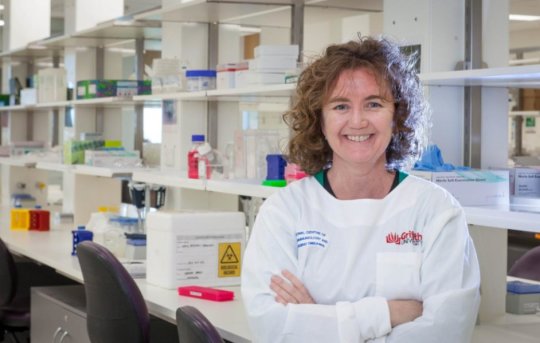New research findings may shed new light on the potential cause of Chronic Fatigue Syndrome/Myalgic Encephalomyelitis (CFS/ME).
Researchers from Griffith University's National Centre for Neuroimmunology and Emerging Diseases (NCNED) -- part of the new Menzies Health Institute Queensland -- have uncovered significant factors contributing to the pathology of this illness.
The results reveal genetic changes in important receptors associated with immunological and cellular function and contribute to the development of this complex illness.
"These findings have been achieved through a team effort involving researchers, patients, funding bodies, clinicians and the support of Griffith University and the Queensland Government," say chief investigators Professor Sonya Marshall-Gradisnik and Professor Donald Staines.
Co-researcher and consultant immunologist Professor Pete Smith said that important signalling mechanisms are disrupted as a result of these genetic changes involving the detection and response to threats.
"These are primitive genes that are involved in many cellular signals in the brain, gut, cardiovascular and immune systems, as well as in the mediation of pain."
These research findings coincide with International Neuroimmune Awareness week commencing Monday 11 May.
The Griffith Health Centre on the university's Gold Coast campus is being lit up each evening from 10 -12 May to raise awareness of neurological conditions such as CFS/ME as well as other conditions such as Fibromyalgia and Gulf War Syndrome.
"The lighting up of the Griffith Health Centre signifies Griffith's commitment to the CFS patient community and our team approach to this research," says Pro-Vice Chancellor (Health) Professor Allan Cripps.
CFS/ME is a highly debilitating disorder characterized by profound fatigue, muscle and joint pain, cerebral symptoms of impaired memory and concentration, impaired cardiovascular function, gut disorder and sensory dysfunction such as noise intolerance and balance disturbance. Many cases can continue for months or years. It is believed to affect around 250,000 Australians.
The research findings are to be presented at an international conference in London later this month.

